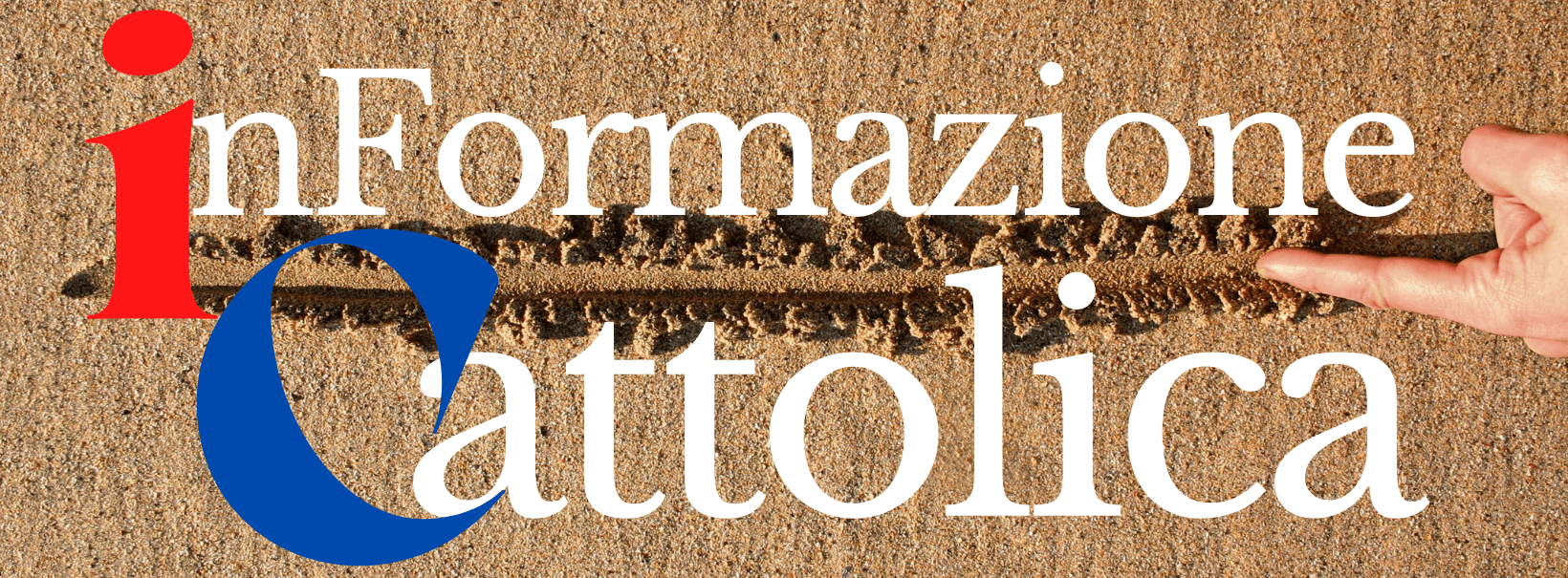 Archbishop Van Thuan International Observatory
Archbishop Van Thuan International ObservatoryNewsletter n.464, 2013 March 28
Presentation by Most Rev. Crepaldi at the Marcianum di Venezia
His presentation was entitled: “Christian Anthropology and theThe speaker developed his considerations beginning from two questions. The first: “Isn’t it somewhat excessive to relate anthropology (albeit Christian) with salvation? The anthropological level needs salvation, and hence cannot produce it on its own”. The second: “By salvation of the world do we mean the salvation of the world “insofar as world”, that is to say in its worldliness?
At the level of the worldliness of the world, however, there cannot be salvation, as least in the fullness of the meaning of the term”. In other words, the speaker turned the selfsame title of his presentation into a problem, sustaining that in order to develop it we had to expand our gaze to God in Christ: Christian anthropology presupposes Jesus Christ, Creator and Savior of the world, and the salvation of the world presupposes the recapitulation of all things in Christ, the end of history and the cosmos. “Jesus Christ is therefore at the beginning and the end”.
Therefore, expanding his gaze Most Rev. Crepaldi criticized “Catholic minimalism” which leads people to conclude that salvation depends on anthropology. And here is the main contradiction: “While we have concentrated our attention on anthropology, interest has been lost in today’s lived culture regarding what is means to be man, and we haven’t even realized this. […] While we made resolute efforts to encounter human liberty and dialogue with it, man has lost all interest in being free”. This is why “the response to the crisis of anthropology is the centrality of God rather than the centrality of man”.
Nowadays, continued Most Rev. Crepaldi, there are two schools of thought that argue and conclude in favour of surmounting man as such: ecologist naturalism and the gender ideology. The speaker illustrated both of them in their differences and in their convergence. “These two tendencies”, he said, “are apparently opposed to one another. In fact, the first ‘naturalises’ the person and his relations, while the second one ‘denaturalises’ man.
Close up, however, there are also convergences. Ecologist naturalism, in fact, has lost its finalistic nature, its ability to indicate an ought-to-be. In a parallel manner, gender ideology has completely abolished the ought-to-be fruit of a natural identity, handing itself over completely to the subjective will of each individual alone”.
Confirmed is this diagnosis: “Christianity often makes anthropology the pivot of its own proposal for the salvation of the world. At the same time, ecologist naturalism and gender ideology dismissed us from anthropology some time ago, implementing what some visionaries, Nietzsche at their head, had already foreseen long, long ago”.
It therefore follows that Christian anthropology cannot be the salvation of the world, and must in itself be saved. “Today there is a pastoral and theological tendency to present Christianity almost exclusively from an anthropological point of view. Almost as if its pertinence with man was its main characteristic of truth. But which man? Man fallen or man redeemed?” An entire section of the presentation is dedicated to explaining that Christian anthropology is the anthropology of man redeemed, not man fallen.
“The Church does not love the world just to leave it as it is, but to save it. In order to do this it shows the world saved to the world. Thus is it an instrument of salvation. It shows the world saved by showing the Savior and the Countenance of salvation. Only Christians truly reborn to a new anthropology will be able to bring salvation into the world. Do not believe
Christianity must reduce itself to an anthropology to save the world. It must rather show to anthropology the new creation, that is to say a renewed anthropology”.
Developed with cogent and in-depth reflections, the closing part of the presentation is dedicated to outlining an itinerary for this “renewed anthropology”.
contribution: Click here




